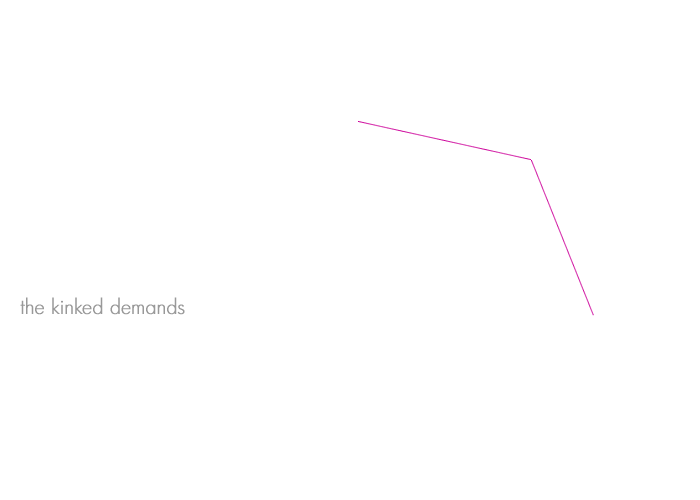
This past summer the movie Food, Inc. was released in the United States. The movie analyzes the impact of the industrialization of the food supply, with some very interesting conclusions.
One point made in the film is that government subsidies to the agricultural sector, specifically to corn and soybean producers, may be linked to the growing problem of obesity and diabetes in the United States (and elsewhere presumably).
Below is a link to an article that discusses the possible connection between agricultural subsidies and poor health. There are also counterarguments presented. This material is very much linked to what we have studied so far about supply and demand, the pros and cons of government intervention in markets, and elasticity of demand and supply.
So what do you think? Is there a strong connection between government intervention in agricultural markets and health problems?
I would recommend that you take a few notes as you read, perhaps in two columns (arguments that say intervention is connected with poor health, and arguments that say intervention is not connected with poor health). This will help you put the big picture together at the end. Remember, your comment should be 10 sentences or less. Reply by November 4 for a second chance, or by November 8 as a final deadline.
http://www.ncbi.nlm.nih.gov/pmc/articles/PMC1247588/



